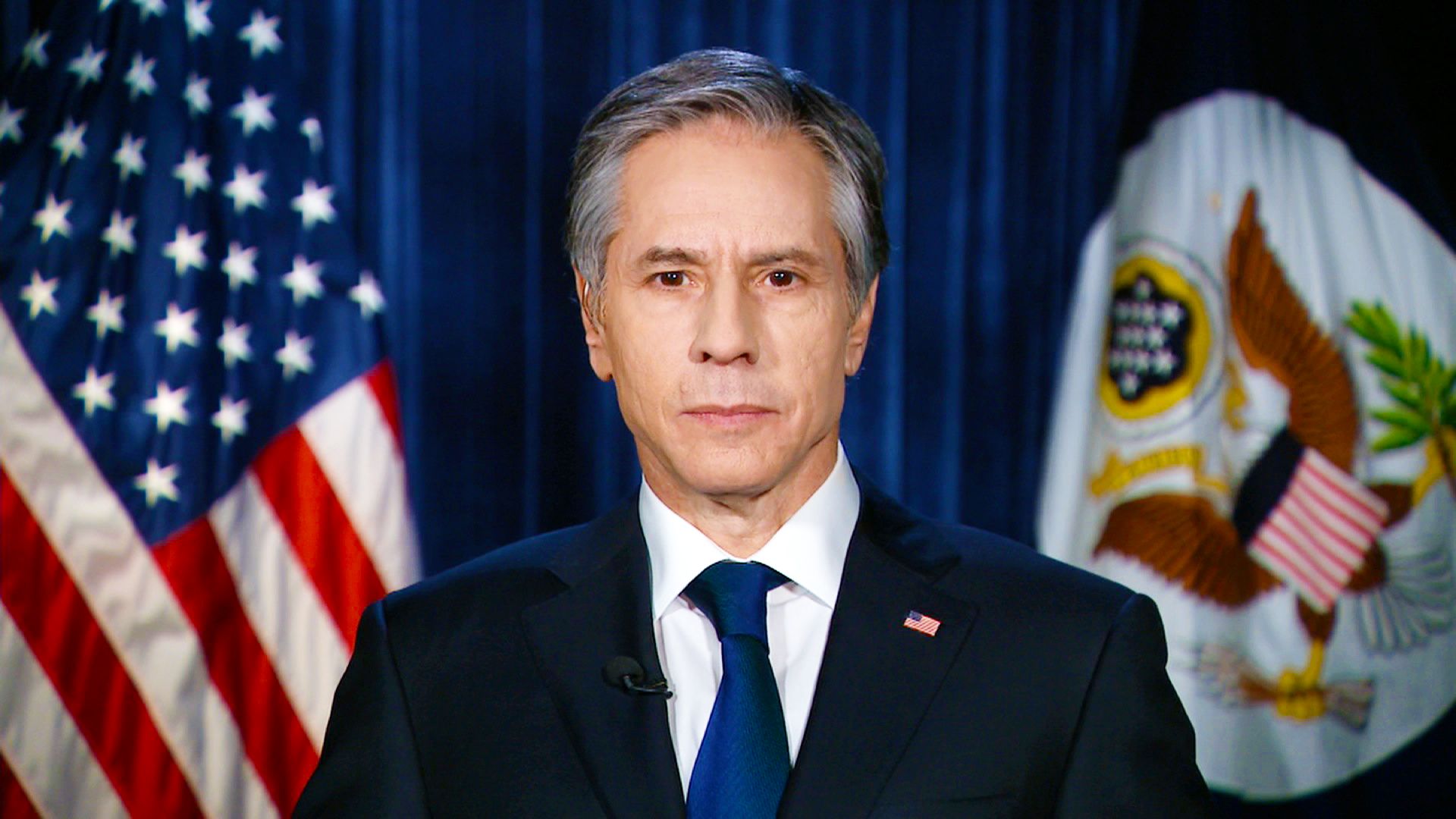US Secretary of State Antony Blinken has recently made significant statements regarding China’s alleged attempts to influence the upcoming US elections. In an interview, Blinken disclosed that the United States has observed evidence suggesting China’s efforts to interfere with the democratic process, despite earlier assurances from Chinese leader Xi Jinping not to do so. This revelation comes amid escalating tensions between the two global powers, with Blinken addressing a range of contentious issues during his visit to China. This article delves into Blinken’s remarks, the implications of Chinese interference, and the broader geopolitical dynamics at play.
China’s Alleged Election Interference
During his interview, Blinken emphasized that the United States has witnessed evidence of Chinese attempts to influence and potentially interfere with the upcoming US elections. This assertion directly contradicts previous assurances from Xi Jinping, who reportedly pledged during a summit with President Joe Biden not to interfere in the 2024 presidential elections. Blinken reiterated the message conveyed by President Biden and emphasized the US’s zero-tolerance stance towards foreign interference in its electoral process.
The revelation underscores growing concerns within the US government about foreign adversaries’ meddling in its democratic processes. Blinken’s remarks suggest that the US is closely monitoring such activities and is committed to addressing them swiftly. Moreover, Blinken expressed concerns about China exploiting existing social divisions within the US to conduct influence campaigns, highlighting the multifaceted nature of the challenge posed by foreign interference.
US Response and Diplomatic Relations
Blinken’s disclosure is likely to have significant repercussions on US-China relations, which have already been strained by various contentious issues. The US has previously accused China of engaging in nefarious activities, including intellectual property theft, cyber espionage, and human rights violations. The latest allegations of election interference add another layer of complexity to the already tense relationship between the two countries.
In response to China’s alleged interference, Blinken warned of potential consequences, indicating that the US would take further action if such activities persist. He specifically raised concerns about China’s support for Russia’s defense industry, which is enabling Moscow’s military aggression in Ukraine. Blinken’s remarks signal the Biden administration’s determination to hold China accountable for its actions and to safeguard US interests and allies.
China’s Denial and Counterarguments
In the face of these accusations, China has consistently denied any involvement in US elections, citing its principle of non-interference in other countries’ internal affairs. Beijing has refuted similar allegations in the past, asserting that it respects international norms and opposes external interference in sovereign states’ domestic affairs. However, critics argue that China’s denials are disingenuous, pointing to evidence of its covert influence operations and cyber activities targeting foreign governments.
Moreover, China has pushed back against US accusations regarding its support for Russia’s defense industry, dismissing them as “groundless accusations.” Beijing contends that its economic and trade relations with Moscow are normal and do not contribute to Russian aggression in Ukraine. However, the US and its allies view China’s support for Russia as complicit in prolonging the conflict and undermining global security.
Geopolitical Implications
The allegations of Chinese election interference and support for Russia carry significant geopolitical implications for the international community. The US-China rivalry has increasingly become a defining feature of global politics, with both countries vying for influence and power across various regions. The latest developments underscore the intensifying competition between the world’s two largest economies and their divergent visions for the future world order.
China’s alleged interference in US elections not only threatens the integrity of America’s democratic institutions but also exacerbates existing tensions between the two nations. The US has ramped up efforts to counter Chinese influence, implementing measures to safeguard its electoral processes and curb Beijing’s malign activities. Additionally, China’s support for Russia complicates efforts to resolve the crisis in Ukraine and maintain stability in Europe, further straining US-China relations and the broader geopolitical landscape.
Defending Democratic Values
In his interview with CNN, Blinken also defended the fundamental principles of democracy, including the right to protest and freedom of expression. He addressed recent protests on college campuses regarding the Israeli-Palestinian conflict, acknowledging the passionate sentiments involved while condemning instances of antisemitism. Blinken reiterated the importance of peaceful dissent and the protection of democratic values in the United States.
Furthermore, Blinken’s remarks implicitly contrasted the open political discourse in democratic societies like the US with the lack of such freedoms in authoritarian regimes like China. The defense of democratic values serves not only as a response to domestic challenges but also as a reaffirmation of America’s commitment to promoting democracy and human rights globally.
Conclusion
Antony Blinken’s revelations regarding China’s alleged attempts to influence the upcoming US elections underscore the escalating tensions between the two global powers. The allegations of election interference and support for Russia add complexity to an already strained relationship and have significant geopolitical implications. The US-China rivalry is increasingly defining the global order, with both countries competing for influence across various domains.
As the US responds to these challenges, it reaffirms its commitment to defending democratic values and safeguarding its electoral processes from foreign interference. The Biden administration’s diplomatic efforts aim to hold China accountable for its actions while maintaining stability and security in the international arena. However, navigating the complexities of US-China relations requires a delicate balance between cooperation and confrontation, with the stakes extending far beyond bilateral ties.







